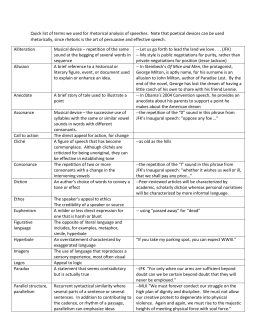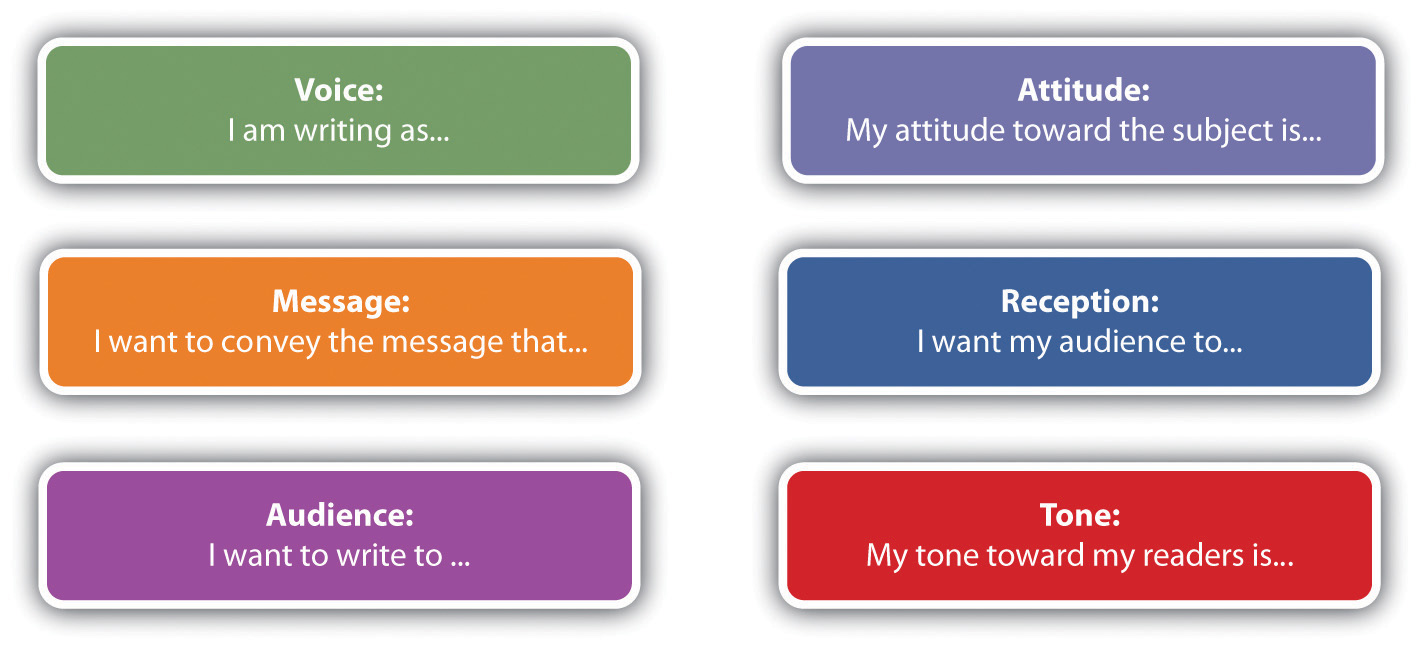

With heuristics, you don’t necessarily have to reach a precise answer the goal is to reach an approximate or otherwise “good enough” solution.

COMMON RHETORICAL MOVES IN BIOGRAPHY TRIAL
When you make an educated guess about something or use trial and error to reach a conclusion, you’ve used a heuristic. A heuristic is a practical approach to problem-solving or self-discovery. To understand rhetoric, you need to understand the concept of heuristics. By doing this, it illustrates your arguments’ strengths. It demonstrates your thought processes as a writer and speaker. Rhetoric is important because it provides a framework for critical thinking. Here are a few examples of rhetorical questions: The speaker or writer doesn’t typically expect answers to the question their goal is to facilitate a discussion. A rhetorical question is a question that’s often asked to a broad audience in an effort to get the audience thinking seriously about the question and its implications. You’re probably familiar with the concept of a rhetorical question. In fact, the word “rhetoric” comes from the Greek “rhetorikos,” which means “oratory.” That’s because politicians, alongside people in other roles that involve public speaking, employ rhetoric regularly. You might have heard the term used in discussions about politicians and political goals. Rhetoric is language that’s carefully constructed to persuade, motivate, or inform the reader or listener about the speaker or writer’s position. Grammarly helps you communicate the way you intend Write with Grammarly What is rhetoric?


 0 kommentar(er)
0 kommentar(er)
